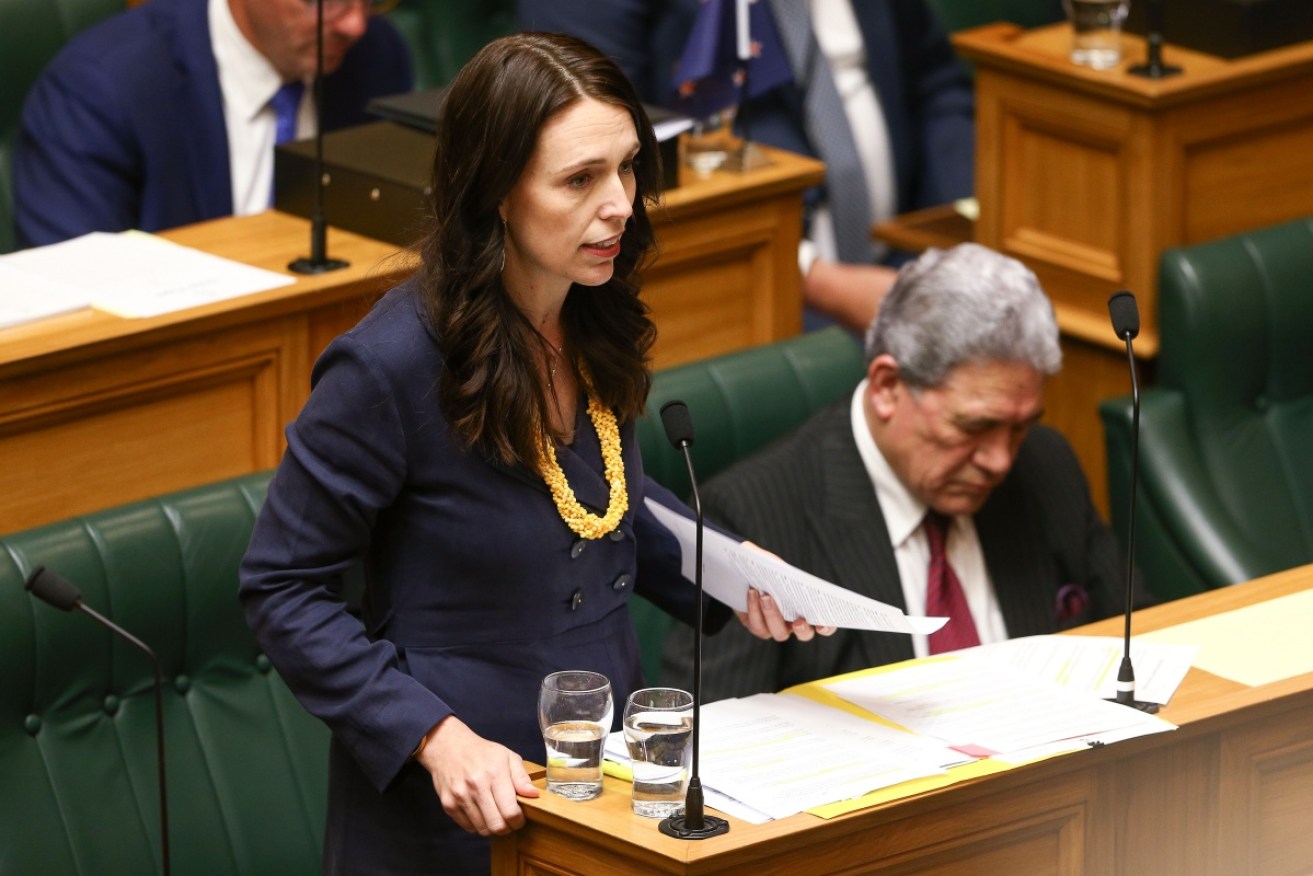NZ cracks down on foreign property investment


New Zealand's new foreign investment laws are bad news for US tech billionaires Photo: Getty
New Zealand has introduced new foreign property investment laws that are “more extensive” than Australia’s, and Silicon Valley’s billionaire doomsday preppers could be the big losers.
The new laws, part of a Labour Party election campaign pledge, came into effect on Monday with the aim of keeping housing affordable for New Zealand residents.
Under the new laws, only people holding a residence class visa will be able to purchase, although exceptions exist for Australians and Singaporean buyers – as well as investors happy to buy but not live in off-the-plan apartments.
It’s bad news for the American tech entrepreneurs who have famously started buying up property in the land of the long white cloud to use as a refuge in case the world should end, but it might benefit locals as much as anticipated either.
Foreign investors’ role in the market
According to Grattan Institute Australian perspectives fellow Brendan Coates, foreign investors play an important role in financing the construction of new dwellings.
In Australia, foreign investors are only able to buy new properties and this investment helps developers to finance projects that other Australians then benefit from.
“Australians haven’t had to increase their savings to fund the construction of that dwelling, a foreigner has done it and they get their return – the rent paid by the renter – but overall Australians will be better off,” he said.
“They’re adding to both the demand and the supply of housing.”
New Zealand’s new laws however “appear to be a bit more extensive than what exists in Australia” in that foreign investors will only be able to buy property once they hold a residence class visa, or through the purchase of off-the-plan apartments which they are then prohibited from living in.
This crucial difference could undermine the long-term ability for New Zealand to keep housing affordable, Mr Coates said.
“In the short term it’ll probably put downward pressure on prices because you won’t be able to have foreign investors purchasing dwellings, essentially removing demand from housing,” he said.
“But long term the impact is probably going to be more mixed because one thing foreign investors have been doing certainly in Australia and probably in New Zealand is that they’re making it easier for developers to finance the construction of new residential apartments.”
Only part of the problem
Speaking to The New Daily, University of Sydney master of urbanism program director Dr Dallas Rogers said addressing housing supply alone is unlikely to have a big effect on affordability.
Added to this, foreign investors own a relatively small portion of residential property to begin with, even removing the laws around foreign investment would “only have a marginal effect”, he said.
Mr Coates made a similar observation, noting that in Australia only about 2 per cent of residential dwellings are owned by foreign investors.
“In the scheme of a $6 trillion to $7 trillion housing market, that foreign investment is actually quite low,” he said.
Mr Rogers said schemes like this are more likely to have localised benefits than affect the whole of the nation. This is because certain cities and regions are more attractive to investors than others and these districts are more likely to see price inflation driven by foreign investment than others, and realistically a more comprehensive approach is needed to really tackle affordability issues.
“Foreign investors are always singled out as a group that you can easily point the finger at and blame your housing affordability problem on, but I think a more productive way forward with the housing affordability debate is to work out what role they play in this, and what are the other components that contribute to affordability,” he said.
Silicon Valley loses out
One of the unlikely losers of the new legislation could be the billionaire tech set of Silicon Valley, who in recent years are reported to have bought up property in New Zealand as ‘apocalypse insurance’, should the US fall into a cinematic state of disrepair.
LinkedIn co-founder Reid Hoffman and PayPal co-founder Peter Thiel are among those reported to have made plans for a speedy escape to New Zealand in the event the Trump administration brings society to its knees. But for those remaining billionaires yet to install their doomsday bunker, these changes present a dilemma.
Mr Coates said this new legislation could hamper US billionaires’ end-of-days plans if it stops them buying property to wait out any impending global holocaust.
“The irony is that if you’re choosing somewhere to shelter from the end of the world, then earthquake-prone New Zealand on the Ring of Fire may not be the best place,” he said.








